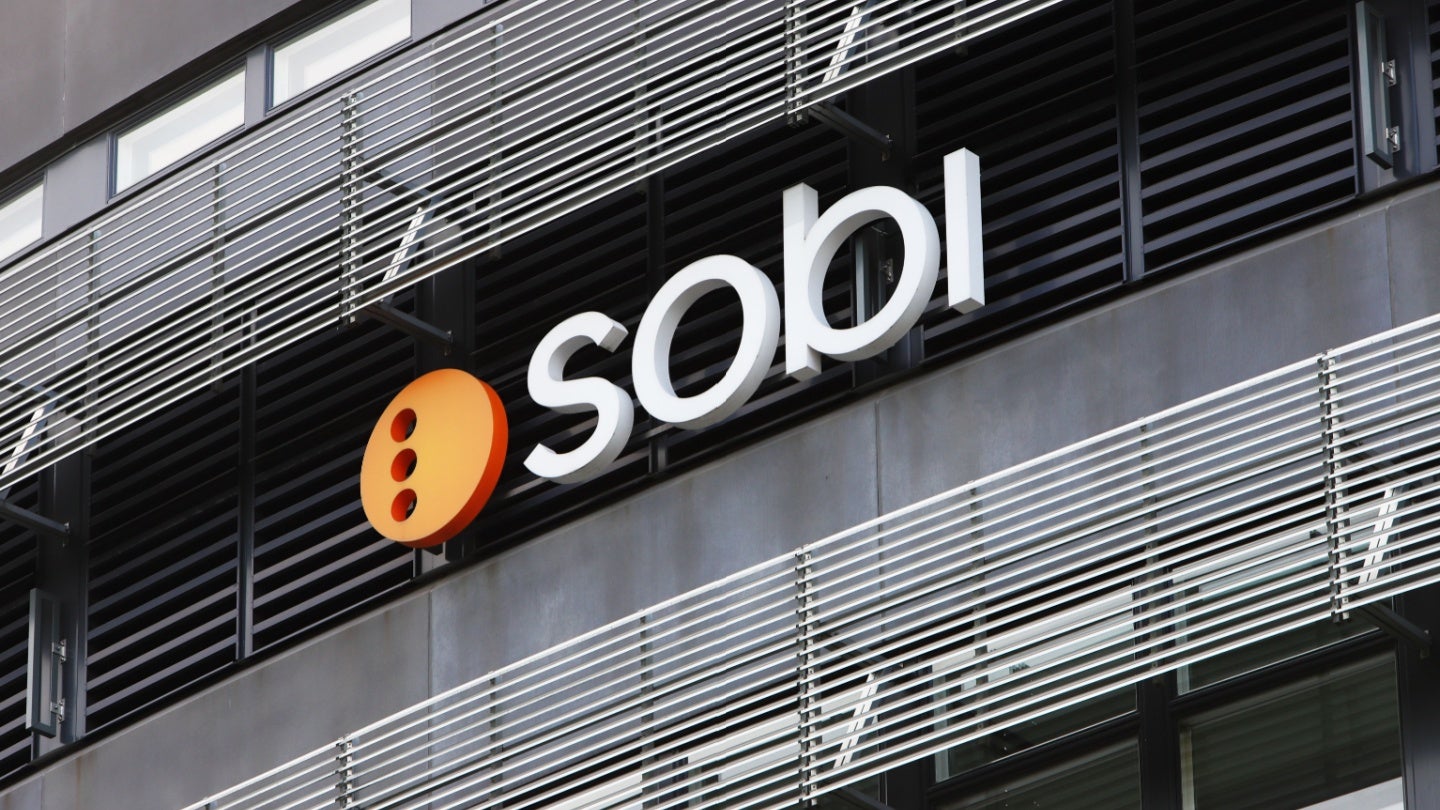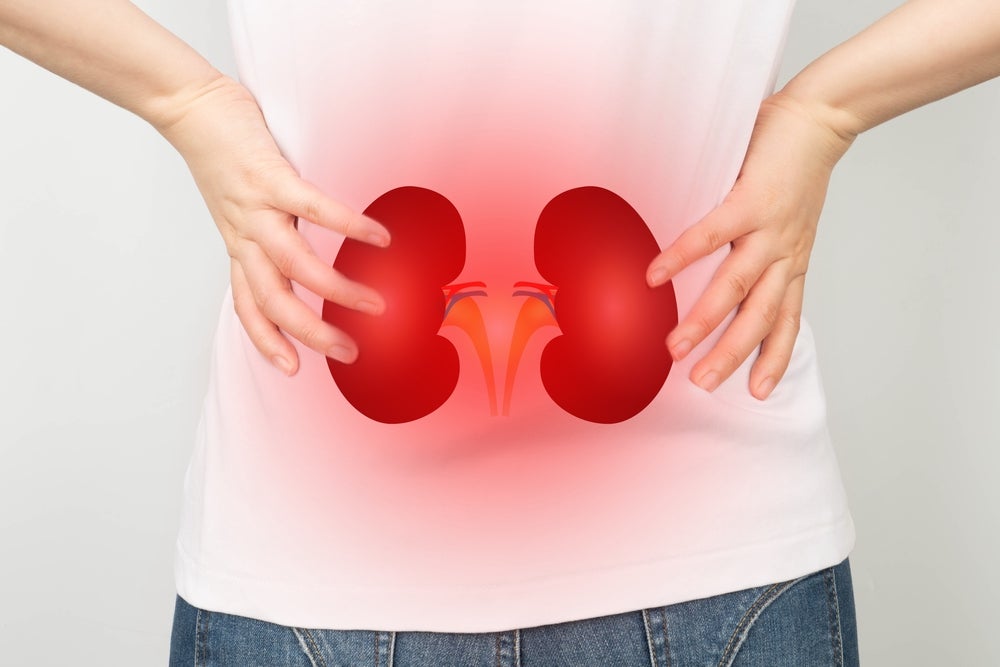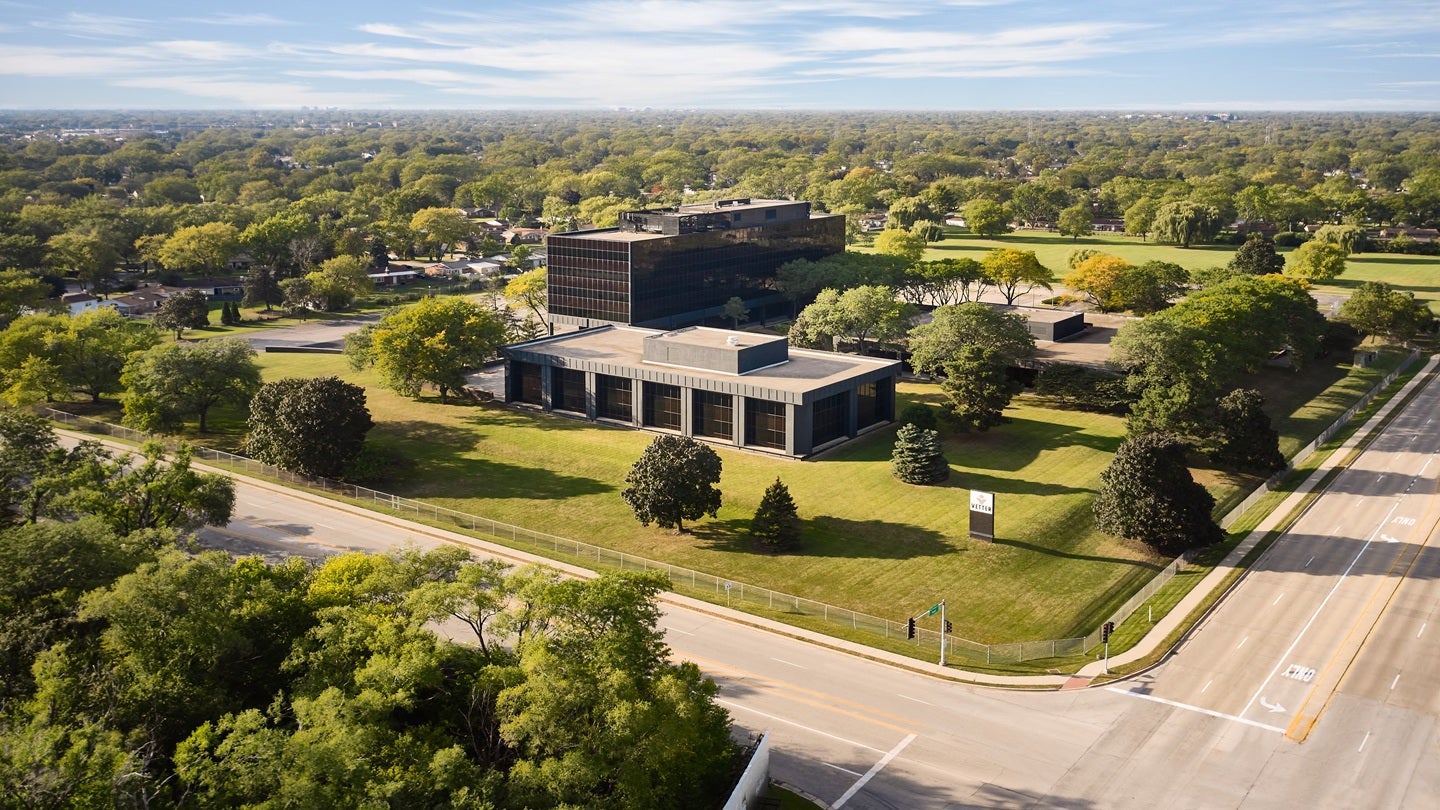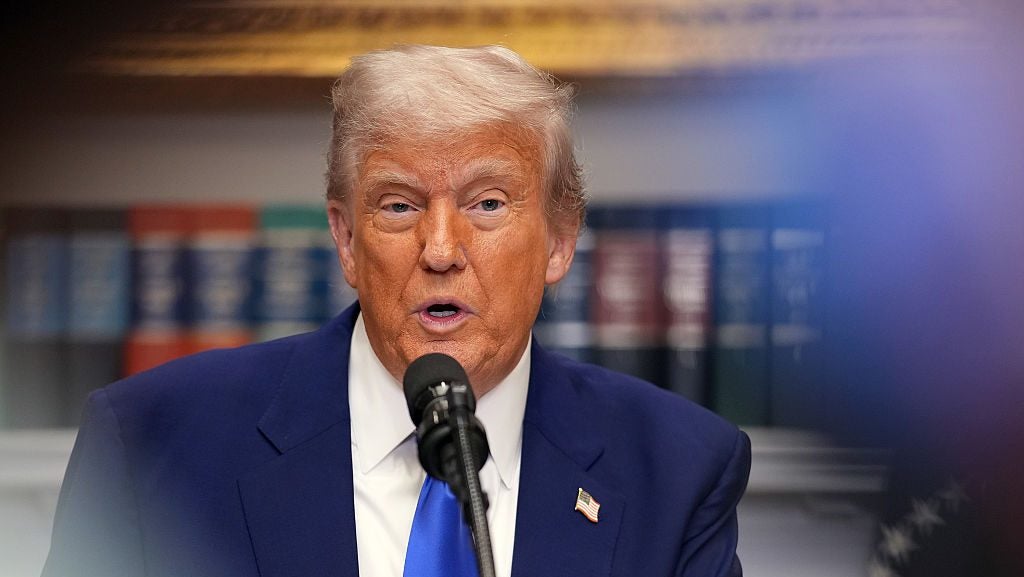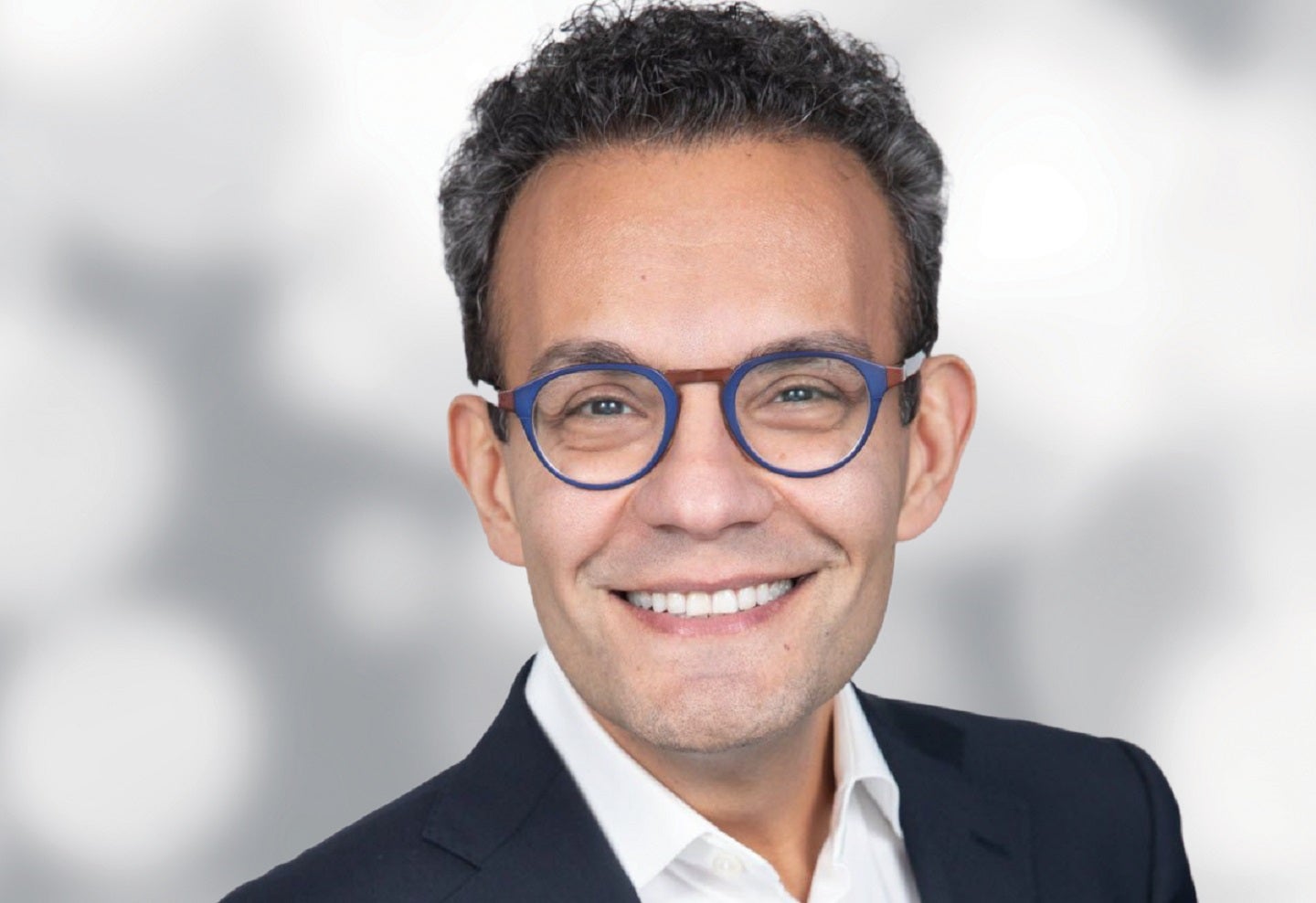Why COP28 is “the most important COP” since the Paris Agreement
On 30 November, some 75,000 delegates including politicians, ministers, representatives from civil society, the private sector, international organisations and media organisations (including Energy Monitor) will descend on Expo City Dubai for what is expected to be the largest COP ever. Leaders including Pope Francis and King Charles III are set to attend (although reportedly, US President Joe Biden will not). Why is COP28 the most important COP since Paris in 2015? In many ways, the 28th annual UN climate conference in Dubai, (literally ‘Conference of the Parties’), is expected to be similar to what we have seen before. Talks will largely focus on how to honour the 2015 Paris Agreement, a legally binding agreement to limit global warming to at least below 2°C above pre-industrial levels, and ideally 1.5°C, which has been signed by 195 parties. For the past few years, ever since the Intergovernmental Panel on Climate Change (IPCC) published a report in 2018 warning that the difference between 1.5°C and 2°C is significant, parties have focused on the more ambitious target of 1.5°C, which would require global emissions to reach ‘net zero’ by 2050. To be on track for net zero 2050, the IPCC has said that emissions will have to drop 45% compared with 2010 levels by 2030. However, current trends have analysts predicting record emissions in 2023, a year in which a series of emissions and extreme weather records have been broken. The World Meteorological Organisation (WMO) also warned this year that the world is likely to experience at least one year where the global average surface temperature exceeds 1.5°C above pre-industrial levels over the next five years. Meanwhile, the recent UN Production Gap report warned that governments are currently planning to produce 110% more fossil fuels in 2030 than would be consistent with limiting warming to 1.5°C. COP hosts are always expected to impose “something of their own agenda” on proceedings, says Alex Scott from the think tank E3G. This year, that includes new initiatives to tackle the impacts of climate change on health, improve access to finance for fragile and conflict-affected states, as well as a big push for food system transformations. By the second week of COP28, all eyes will be on the UN negotiations, which are set to result in an agreement that will update climate ambition and policy for the year ahead. All 198 countries who are party to the UNFCCC will have to sign up to the final cover text for the negotiated outcome to be adopted. Why COP28 matters: The Global Stocktake There is one major difference in this year’s COP agenda, however, which has led the Stockholm Environment Institute’s (SEI) Richard Klein to label it “the most important COP since the Paris Agreement” in a recent pre-COP28 briefing hosted by SEI. That difference is the conclusion of the first Global Stocktake (GS), a process outlined in the Paris Agreement that is the main mechanism through which progress on climate action is assessed. The GS comprises three stages, starting with the gathering and synthesising of information on climate change and climate action from governments, which began at COP26 in Glasgow. This is followed by an analysis of progress made in implementing the Paris Agreement (which resulted in a synthesis report released in September); the third stage will take place at COP28, where findings will be discussed and an appropriate policy response will be agreed upon. The synthesis report details how the world remains well off track from meeting the ambitions of the Paris Agreement, calling for “system transformation” on “all fronts”. However, there is hope still , with “actionable solutions” to combat global warming including clean technologies that can be rapidly deployed and action that can be taken to unlock trillions of dollars in investment. The report also details division (“Some Parties… note with concern that some developed countries whose emissions already peaked decades ago, commit to achieving net zero GHG emissions only by 2050”), and calls for a significant boost to adaptation efforts (“Most observed adaptation efforts are fragmented, incremental, sector-specific and unequally distributed across regions”). “This is the most important session of the Conference of the Parties since Paris in 2015, because the outcome of the Global Stocktake will basically set the agenda for the next five or 10 years of climate discussions,” says Richard Klein. “What we have seen from the stocktake so far is a mixed bag: We are moving in the right direction, but not nearly fast enough.” E3G’s Scott adds that the stocktake is “the next stage in the building of the Paris Agreement architecture, which is the global governance that we have had on climate change since 2015”. “The policy outcome of the stocktake is probably not going to land at this COP, but what we will get is a political direction on where countries want
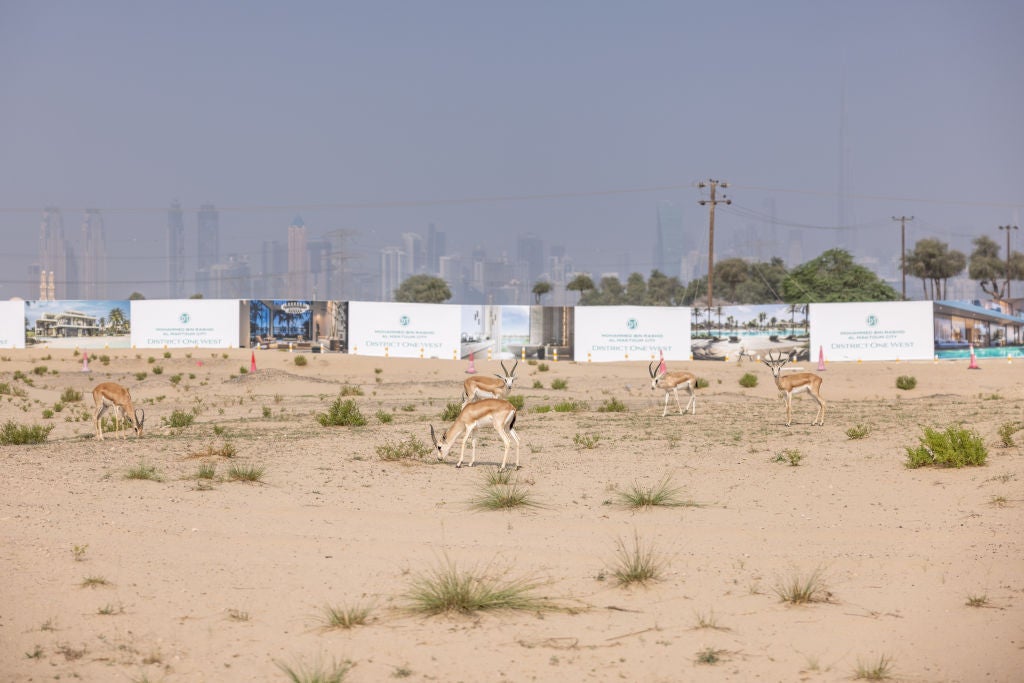
What's Your Reaction?








